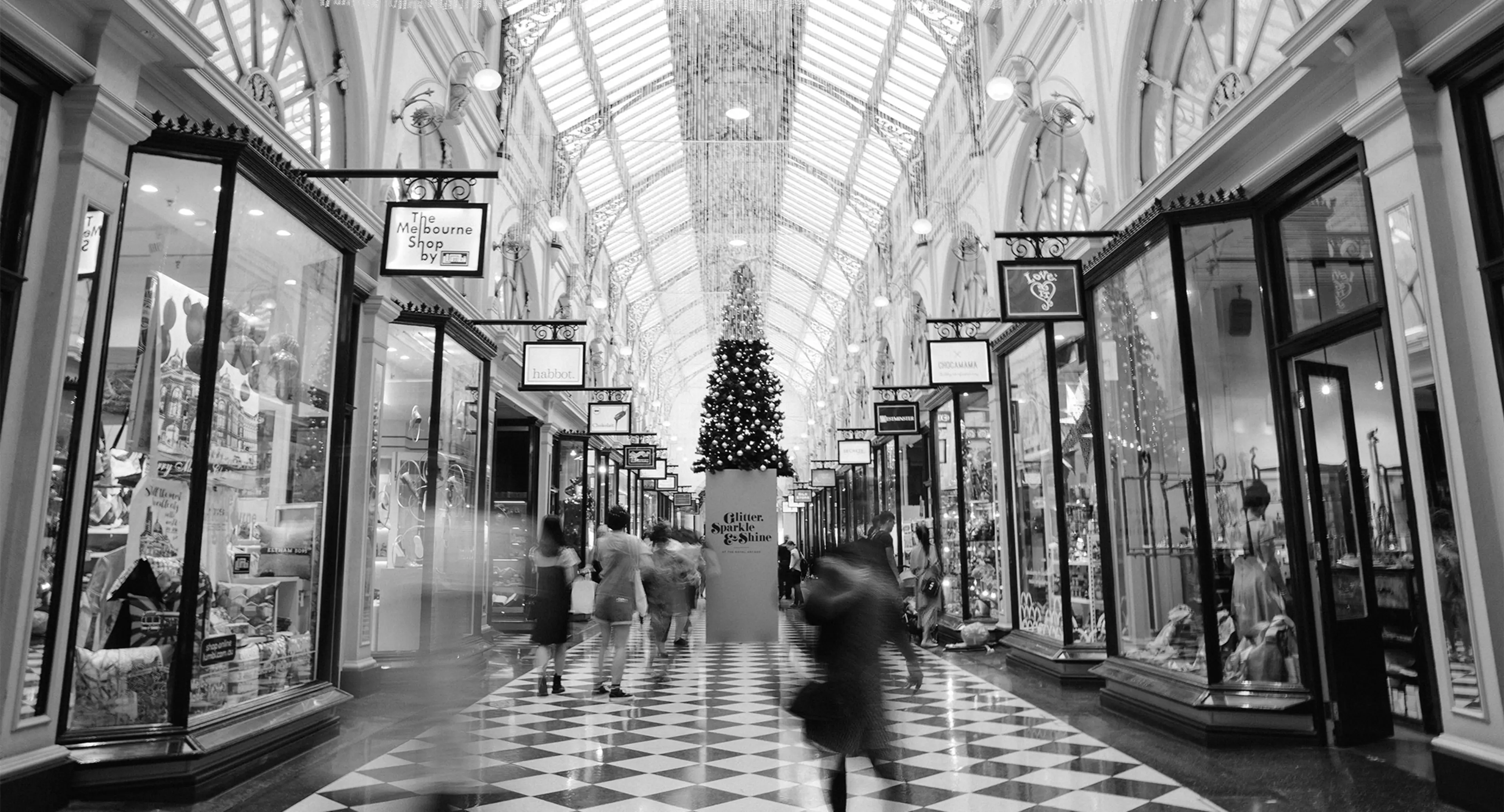
Luxury Commentary
1 Nov 2017
3 Min Read
Is There a Place for Luxury Retailers in the Black Friday Frenzy?
“Black Friday? I couldn’t imagine anything more ghastly.”
Luxury Commentary

Retail & Luxury Goods
4 Sept 2025
9 min read

News
5 May 2025
3 min read

News
17 May 2024
2 min read

Luxury Commentary
1 Nov 2017
3 Min Read
“Black Friday? I couldn’t imagine anything more ghastly.”
Luxury Commentary